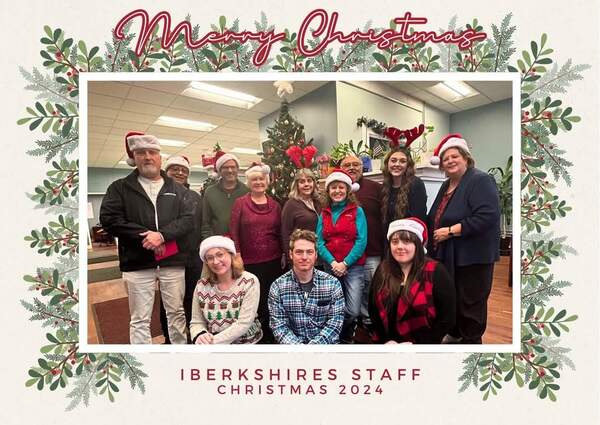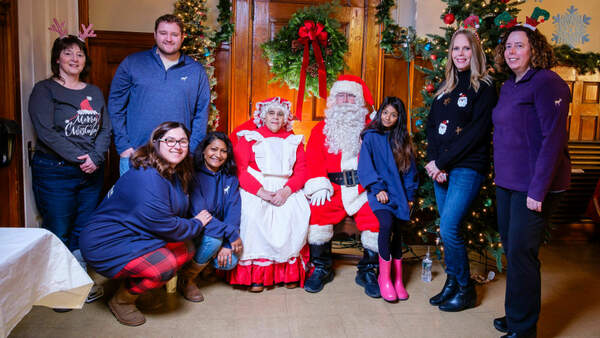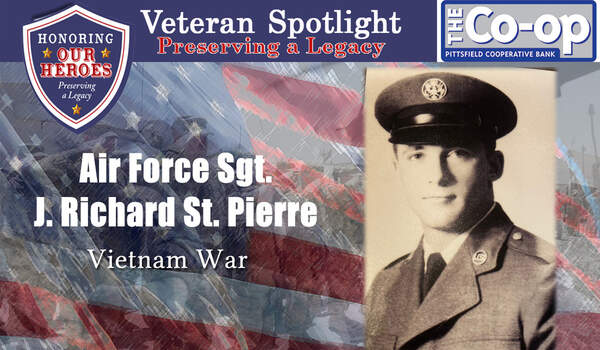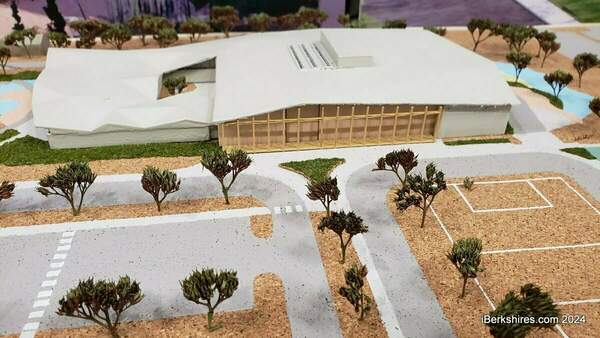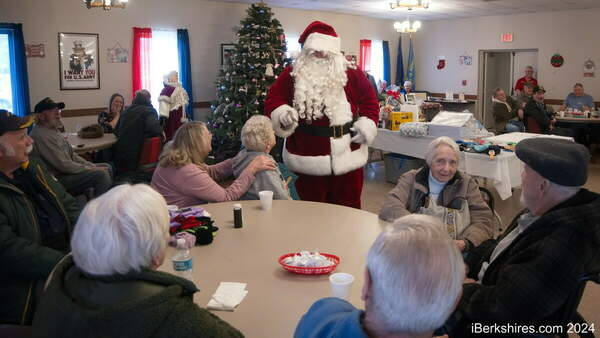MNA Report On North Adams Regional Hospital Finances
This report was done by the Massachusetts Nurses Association; it is provided in full below.
Financial Analysis Shows a Full Service Hospital is Viable in Northern Berkshire County
Absent Poor Management and Bad Real Estate Investments
North Adams Regional Hospital Was a Going Concern
Northern Berkshire Healthcare (NBH) announced last month that it was forced to close North Adams Regional Hospital (NARH) with virtually no notice because the hospital had defaulted on its debt and could not be sustained on its purportedly poor reimbursements. But a review of NBH records reveals that the financial troubles facing the system were not connected to patient service revenue, and that North Adams Regional Hospital can be sustained as a full service hospital by the community that relies upon it for care.
Patient Services Revenue & Federal Reimbursement
Despite claims from NBH executives, North Adams Regional Hospital has long been making money on its patient-care services.
NBH finances shows that NARH made millions of dollars on outpatient, inpatient, and Emergency Department services between 2000 and 2012.[1] In that time period, patient services revenues grew by 78%, while expenses only rose by 29%. The surplus derived from patient services made the system a $23 million profit in 2012, up from $4.3 million in 2000 – a 435% increase (see chart). And while profits from patient services fluctuated from year to year, they never fell below $4.3 million, and the average profit was over $9 million. In short, that means that the healthcare services NARH has offered to its community have made the hospital millions of dollars in each of the last twelve years.
Since closing the hospital, NBH has suggested that NARH’s fate was simply the result of its community hospital status and changes in federal reimbursement, but an analysis by the Center for Health Information and Analysis (CHIA) proves that this is not the case.
Disproportionate Share Hospitals (DSH) are hospitals in communities with large poor populations that receive a minimum of 63 percent of their revenues from public payers like Medicaid and Medicare, which typically reimburse hospitals at lower rates than private health insurance companies. At NARH, public payers represent less than 65 percent of its payer mix, which is below the state average, and of the remaining eight Disproportionate Share Hospitals in Western Massachusetts, seven of them are considerably more dependent on public payers than NARH.[2] The remaining 35 percent of NARH revenue, unlike other community hospitals, comes directly from patients and their insurance companies. And CHIA compared what large private insurance companies paid to hospitals in 2012 and discovered that NARH received higher payments than the majority of its community hospital counterparts.[3] What the CHIA data tell us is that NARH is less reliant on lower-reimbursing federal payers than most community hospitals, has a higher proportion of insured patients, and those health insurers are paying NARH more than they pay other hospitals.
Since it is clear that patient care services have been profitable every single year for more than a decade, and NARH has not suffered from some of the issues facing other community hospitals in the state, what has driven Northern Berkshire Healthcare’s financial problems? In short, it has been Northern Berkshire Healthcare’s decisions to acquire more and more debt. Between 1996 and 2004, Northern Berkshire Healthcare assumed nearly $65 million in debt through revenue bonds issued by MHEFA/MassDevelopment:
• In 1996, North Adams Regional Hospital took on $12.8 million in revenue bond debt, in part to refinance older debt.
• In 1999, NARH assumed approximately $25 million in debt to finance the purchase of Sweet Brook Transitional Care & Living Centers and Sweetwood Continuing Care Retirement Community – an alarmingly large assumption of debt which bore no connection to the provision of hospital services. This real estate investment scheme immediately began unraveling and the Sweets began costing NBH money. NBH then “took aggressive steps” – cutting staff and reducing operating costs in order to “lend money” to the Sweets.[4] Ultimately, NBH sold the Sweets in 2010 for $7 million under pressure from bondholders.
• In 2004, NBH took on another $27 million in revenue bonds, in part to pay off a portion of the 1996 debt. The 2004 revenue bonds immediately went into default, as the organization could not meet some of the financial covenants required by bondholders.
• Right up until the day NARH closed, the majority of NBH’s crippling debt service was not the result of expenditures related to the provision of patient care or even hospital capital improvements. Instead, the deep debt of purchasing the Sweets and the resulting significant annual operating losses incurred for the next ten years of operating the Sweets, were the primary factors contributing to NBH’s financial ruin.
By the time NBH filed for bankruptcy in 2012, its debt burden still hovered around $44 million.[5] In its court filings, NBH attributed its financial problems almost entirely to becoming “highly leveraged” through the series of bond issuances listed above. And NBH laid out the many ways it had sought to deal with its long-term debt burden, including cutting costs and laying off staff in order to pay off the debt. It appears that, while patient care services did not contribute to NBH’s financial distress and were, in fact, a consistent source of revenue year after year, Northern Berkshire Healthcare sought to remedy its indebtedness by making cuts to those very services. The final impetus for NBH’s Chapter 11 filing was bondholders’ refusal to make a voluntary deal to restructure the debt, again affirming the catastrophic impacts this debt took on North Adams Regional Hospital.
As Berkshire Medical Center assumes the operations of the hospital in North Adams, it will face the challenges any community hospital does: populations of sick and poor patients, less than ideal public payer reimbursements, and changes in the healthcare industry that are as yet unknown. But the history of North Adams Regional Hospital clearly indicates that the Northern Berkshires can sustain a hospital that offers the full spectrum of services which meets the needs of the community in a fiscally viable manner.
[1] IRS Form 990s (financial reports): 2001-2012
[2] Hospital Cohort Profile: Community, Disproportionate Share Hospitals. Center for Health Information and Analysis. March, 2014; Hospital Profile: North Adams Regional Hospital. Center for Health Information and Analysis. March, 2014
[3] Ibid. The average DSH commercial payer price level is in the 41st percentile; NARH’s price is in the 65th percentile.
[4] In re Northern Berkshire Healthcare, Inc., et al. (Chapter 11 Case No. 11 – 31114 (HJB)). United State Bankruptcy Court District of Massachusetts, Western Division. January 5, 2012
[5] Ibid.
Tags: NARH,

